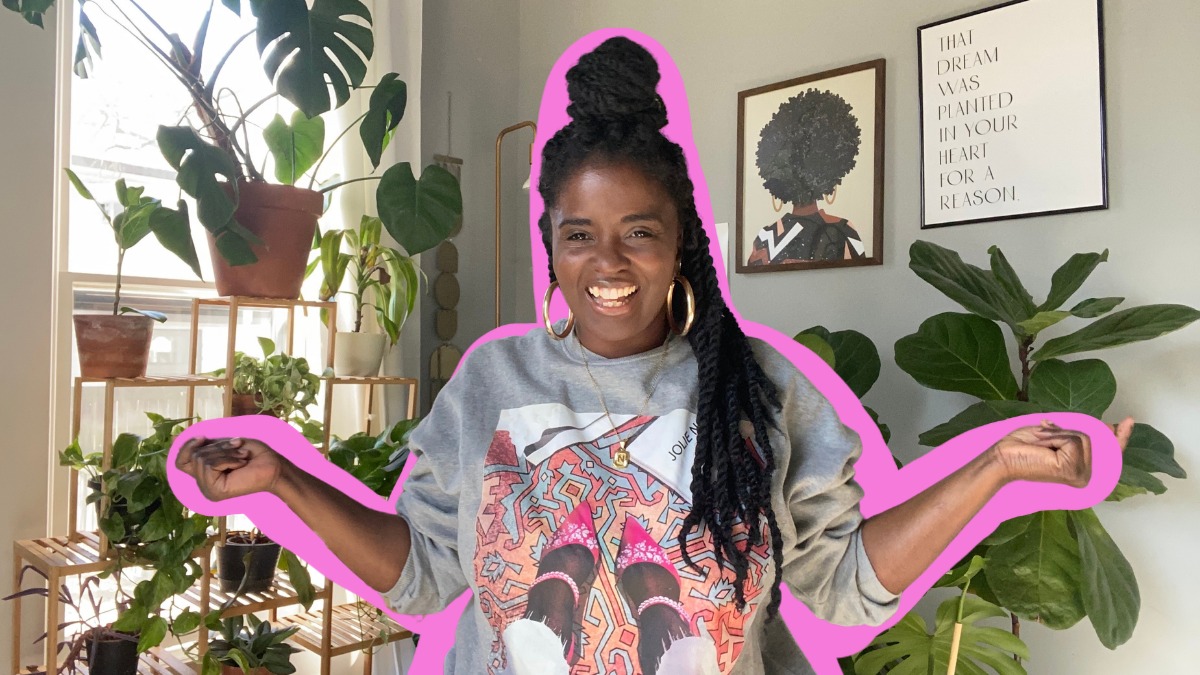Why Indigenous Peoples’ Day Matters & Ways to Honor This Day

Written by Nicole Smithee
While most kids were happy to celebrate Columbus Day because it meant a three-day weekend, I grew up in a home with a much more indignant perspective on this federal holiday. My Mexican American father had an affinity for Native American history and taught his children that the colonization of the Americas beginning with the arrival of Columbus in 1492, led to 90% of the indigenous population killed by either violence or disease. That’s an estimated 55 million people, compared to an estimated 17 million people that were murdered by the German Nazi regime and their allies between 1933 and 1945.
Most American children still grow up learning the rhyme “in 1492, Columbus sailed the ocean blue,” to teach the story of Christopher Columbus in school, but it conveniently leaves out horrifying historic truth. Christopher Columbus was a documented human trafficker, sex trafficker, rapist, torturer and murderer. In Hispaniola alone, Columbus kidnapped and enslaved more than a thousand people. Within five decades of Columbus’s first voyage to Hispaniola (now Haiti and the Dominican Republic), only 500 out of 300,000 Indigenous People remained. And an estimated 50,000 natives committed mass suicide rather than submit to rape, enslavement, and murder under the hands of the Spanish.


Bartolome de las Casas, a young priest who accompanied Columbus to Cuba, wrote that the Spaniards “thought nothing of knifing Indians by tens and twenties and of cutting slices off them to test the sharpness of their blades… two of these so-called Christians met two Indian boys one day, each carrying a parrot; they took the parrots and for fun beheaded the boys.”
Christopher Columbus once described the Arawak people by writing: “They … brought us parrots and balls of cotton and spears and many other things, which they exchanged for the glass beads and hawks’ bells. They willingly traded everything they owned…. They were well-built, with good bodies and handsome features…. They do not bear arms, and do not know them, for I showed them a sword, they took it by the edge and cut themselves out of ignorance. They have no iron. Their spears are made of cane… They would make fine servants…. With fifty men we could subjugate them all and make them do whatever we want.”
It is both appalling and shocking that Christopher Columbus is still celebrated today as a hero, when his actions directly led to the mass murdering of innocent men, women, and children, and ultimately the destruction of entire people groups.
Perhaps our outlandish propensity to ignore blaring brutal historical facts is part of a much bigger reckoning we are unwilling to face in the United States. Our country may claim to have been built on Christian values, but in practice, this one nation under God was stolen and built first on horrific genocide, and later slavery, and racial and gender inequalities.
As a Christian, I lament over these evil events, often done in the name of Christianity. The very message of the Gospel always brings liberation, not subjugation. The greatest commands Christians are called to are to “love the Lord your God with all your heart and soul and mind” and “to love your neighbor as yourself.” (Matthew 22:36-40) The genocide of Indigenous People in the name of colonization is not Christian in nature; it is the very worst wickedness and evil humanity could commit.
As much as we would like to minimize, ignore and overlook these past evils, leaving the past in the past, we simply cannot. The blood spilled on the very land many of us call home, must be mourned. We may not have committed the atrocities of yesterday, but our silence on the matter is an evil of its own. The fact that we as Americans are more comfortable celebrating a known tyrant than repenting of past sins, says so more about the moral state of our nation than it does about our history.
Let’s take an honest look at the past and an equally honest look inward. May indifference over the past be replaced with a sincere desire to study uncensored history. May the ignorant celebration of the evils of colonization be replaced with a sincere mourning and lamenting. May our propensity to minimize horrific racial injustices be replaced with the hard work of racial reconciliation and healing. And on this day, may we no longer celebrate the wicked achievements of one man, but instead, honor the strength, resilience, and dignity of Indigenous People everywhere.
Ways to Celebrate Indigenous Peoples’ Day:
Read or watch a documentary to educate yourself.
Recommended books include:
-
- An Indigenous Peoples’ History of the United States by Roxanne Dunbar-Ortiz
- The Other Slavery: The Uncovered Story of Indian Enslavement in America by Andrés Reséndez
- Everything You Know About Indians Is Wrong by Paul Chaat Smith
- Mankiller: A Chief and Her People by Wilma Mankiller & Michael Wallis
- Lies My Teacher Told Me About Christopher Columbus: What Your History Books Got Wrong by James W. Loewen
- First Nations Version: An Indigenous Translation of the New Testament
Recommended documentaries include:
Write to your local government to end the federal observance of Christopher Columbus Day.
Write a letter to your local government officials, contact them via email, or sign a petition to end the observance of Columbus Day.
Explore Indigenous art.
Art is a powerful way to learn more about Indigenous communities. Try reading a novel by an Indigenous author or listen to this playlist of Native American musicians compiled by PBS. Visit a local gallery or museum in your area that houses an Indigenous art collection.
Donate to support Indigenous communities.
Volunteer or donate to non-profit organizations supporting Indigenous communities. Consider supporting Native American Rights Fund (NARF) or the Redhawk Native American Arts Council.
Advocate against mascots of Indigenous people.
More than 1,000 high school, university and professional teams continue to have Native American mascots, not to mention the abundance of Indian costumes that make an appearance every Halloween. Advocate for change. Check out this resource from Cultural Survival: Abolishing Racist Native Mascots: A Toolkit for Change.
Related Resources
Supporting Black Business Month at Your Local Target
Everyone loves Target. Everyone knows the pure joy of stepping into Target and the challenge it is to leave with ONLY the items on your list. Well since August is Black Business Month, I thought it would be cool to walk you through how you can support Black...
It’s Time to Talk About Ableism
Oftentimes when we get into a conversation with an individual about advocacy issues, it can go one of two ways. It can actually be a productive conversation where both parties are patient, respective, and are truly listening to one another. This is what we hope to...
The Realities of Living as an Afro-Latina in America
I know we hear and say this a lot, but representation really matters. It’s so important because for so long so many of us have lived in the absence of it. Just recently, In the Heights, Encanto, and the West Side Story remake have blessed us with an Afro-Latino/a...

A sad and tragic truth, but one that this country needs to honestly confront if it expects to survive. I came to this blog by way of your devotion on YouVersion this morning, which was taken from 2nd Chronicles 7:14, such an appropriate scripture for this topic. Thank you for this eloquent and insightful read.